
Francesco Cavalli was a Venetian composer, organist and singer of the early Baroque period. He succeeded his teacher Claudio Monteverdi as the dominant and leading opera composer of the mid 17th-century. A central figure of Venetian musical life, Cavalli wrote more than thirty operas, almost all of which premiered in the city's theaters. His best known works include Ormindo (1644), Giasone (1649) and La Calisto (1651).
Raymond John Leppard was a British-American conductor, harpsichordist, composer and editor. In the 1960s, he played a prime role in the rebirth of interest in Baroque music; in particular, he was one of the first major conductors to perform Baroque opera, reviving works by Claudio Monteverdi and Francesco Cavalli. He conducted operas at major international opera houses and festivals, including the Glyndebourne Festival where he led the world premiere of Nicholas Maw's The Rising of the Moon, the Metropolitan Opera and the Royal Opera House. He composed film scores such as Lord of the Flies and Alfred the Great.
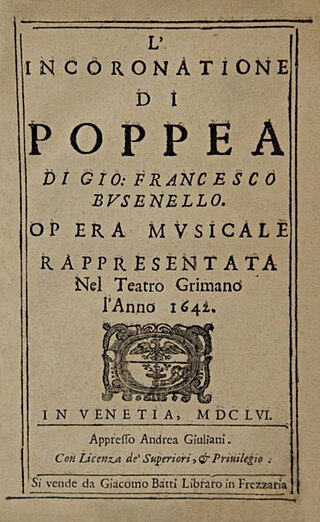
L'incoronazione di Poppea is an Italian opera by Claudio Monteverdi. It was Monteverdi's last opera, with a libretto by Giovanni Francesco Busenello, and was first performed at the Teatro Santi Giovanni e Paolo in Venice during the 1643 carnival season. One of the first operas to use historical events and people, it describes how Poppaea, mistress of the Roman emperor Nero, is able to achieve her ambition and be crowned empress. The opera was revived in Naples in 1651, but was then neglected until the rediscovery of the score in 1888, after which it became the subject of scholarly attention in the late 19th and early 20th centuries. Since the 1960s, the opera has been performed and recorded many times.

L'Ormindo is an opera in a prologue and three acts by Francesco Cavalli to an original Italian libretto by Giovanni Faustini. The manuscript score is held at the Biblioteca Marciana in Venice, while a copy of the original libretto has been digitized by the Library of Congress. The opera has set numbers with recitative, and is set in Anfa (Casablanca), in the Mauri kingdom of Fessa (Fez).
Jonathan Dove is an English composer of opera, choral works, plays, films, and orchestral and chamber music. He has arranged a number of operas for English Touring Opera and the City of Birmingham Touring Opera, including in 1990 an 18-player two-evening adaptation of Wagner's Der Ring des Nibelungen for CBTO. He was Artistic Director of the Spitalfields Festival from 2001 to 2006.

Danielle de Niese is an Australian-American lyric soprano. After success as a young child in singing competitions in Australia, she moved to the United States where she developed her operatic career. From 2005 she came to widespread public attention with her performances as Cleopatra in Giulio Cesare at Glyndebourne Festival Opera, England.
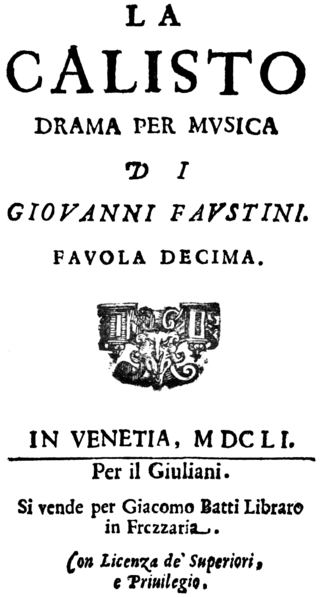
La Calisto is an Italian opera by Francesco Cavalli from a libretto by Giovanni Faustini based on the mythological story of Callisto.
The Boston Early Music Festival (BEMF) is a non-profit organization founded in 1980 in Boston, Massachusetts, to promote historical music performance. It arranges an annual Boston and New York City concert series, produces opera recordings, and organizes a biennial week-long Festival and Exhibition in Boston.

Didone is an opera by Francesco Cavalli, set to a libretto by Giovanni Francesco Busenello. The opera was first performed at Venice's Teatro San Cassiano during 1640.
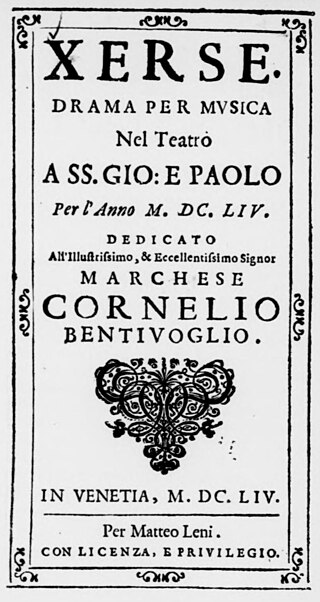
Il Xerse, usually written Xerse, is an Italian opera by Francesco Cavalli about Xerxes I. The libretto was written by Nicolò Minato and was later set by both Giovanni Bononcini and George Frideric Handel. Minato's plot outline is loosely based on Book 7 of Herodotus's Histories. The opera, consisting of a prologue and three acts, was composed in 1654 and first performed on 12 January 1655 at the Teatro SS. Giovanni e Paolo in Venice. It was dedicated to the Ferrarese nobleman Marchese Cornelio Bentivoglio.

Ercole amante is an opera in a prologue and five acts by Francesco Cavalli. Its Italian libretto is by Francesco Buti, based on Sophocles' The Trachiniae and on the ninth book of Ovid's Metamorphoses. The first performance took place on 7 February 1662 in the Salle des Machines of the Tuileries in Paris.

Giovanni Francesco Busenello was an Italian lawyer, librettist and poet of the 17th century.

Rosinda, also known as La Rosinda, is an opera in three acts and a prologue by the Italian composer Francesco Cavalli with a libretto by Giovanni Faustini. It was first performed at the Teatro Sant'Apollinare, Venice in 1651-02 during Carnival. It appears to have been better received than La Calisto, which was also premiered that year, and was revived in Naples and/or Florence in 1653 under the title Le magie amorose.
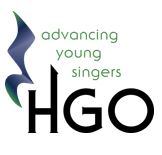
HGO Trust (HGO) was founded in 1990 by Roy Budden as an evening class at the Hampstead Garden Institute, London. Its objectives are to advance public education in the art and science of music with emphasis on operatic music.

Stephen Plaice is a UK-based dramatist and scriptwriter who has written extensively for theatre, opera and television. In 2014 he was appointed Writer in Residence at the Guildhall School of Music and Drama. He became Professor of Dramatic Writing at the school in 2018.
Christopher Moulds is an English conductor of classical and baroque operas.
Hamlet is an opera in two acts by Australian composer Brett Dean, with an English libretto by Matthew Jocelyn, which is based on Shakespeare's play of the same name. The libretto uses "as little as 20 per cent" of the play's text and also takes inspiration from the "first quarto" as it "offers a different view on certain moments".
Ipermestra is an opera libretto by Pietro Metastasio first set by Johann Adolph Hasse 8 January 1744, and in the November of the same year by Christoff Willibald Gluck.
Emőke Baráth is a Hungarian soprano. She began her musical studies in Gödöllő, majoring in piano and cello, and then continued harp and vocal studies at the King St. Stephen's Secondary School of Music in Budapest.
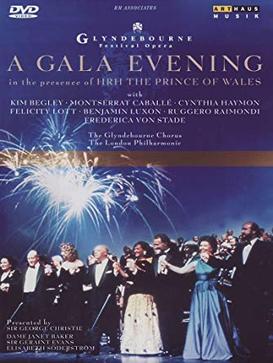
Glyndebourne Festival Opera: A Gala Evening was a 111-minute concert staged by Glyndebourne Festival Opera on 24 July 1992, performed by Kim Begley, Montserrat Caballé, Cynthia Haymon, Felicity Lott, Benjamin Luxon, Ruggero Raimondi and Frederica von Stade with the Glyndebourne Festival Chorus and the London Philharmonic Orchestra under the direction of Sir Andrew Davis and Sir Bernard Haitink. It was televised in the United Kingdom by the BBC and released on VHS Videocassette by Kultur Video and on DVD by Image Entertainment, Arthaus Musik and Geneon.











